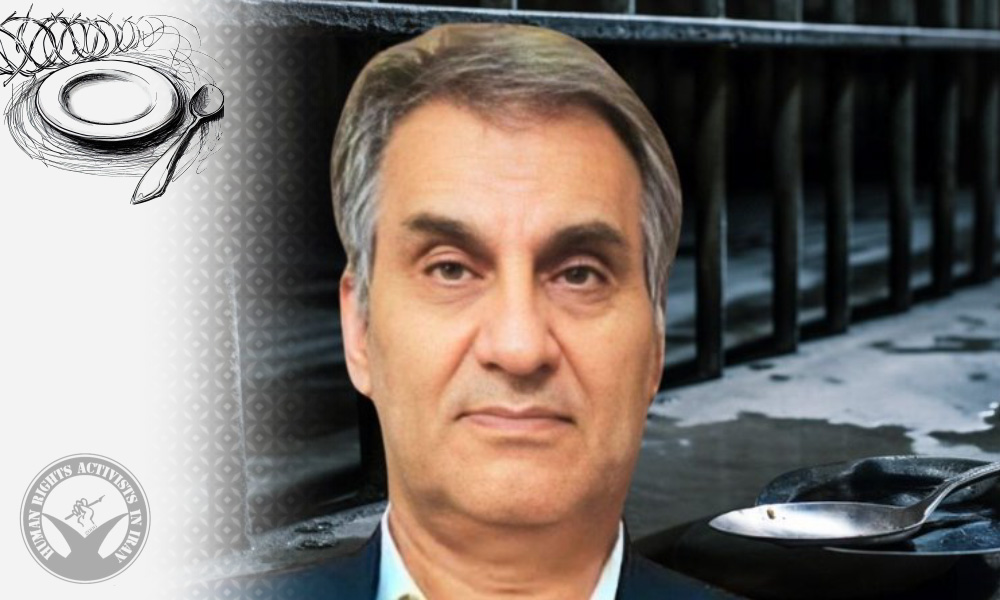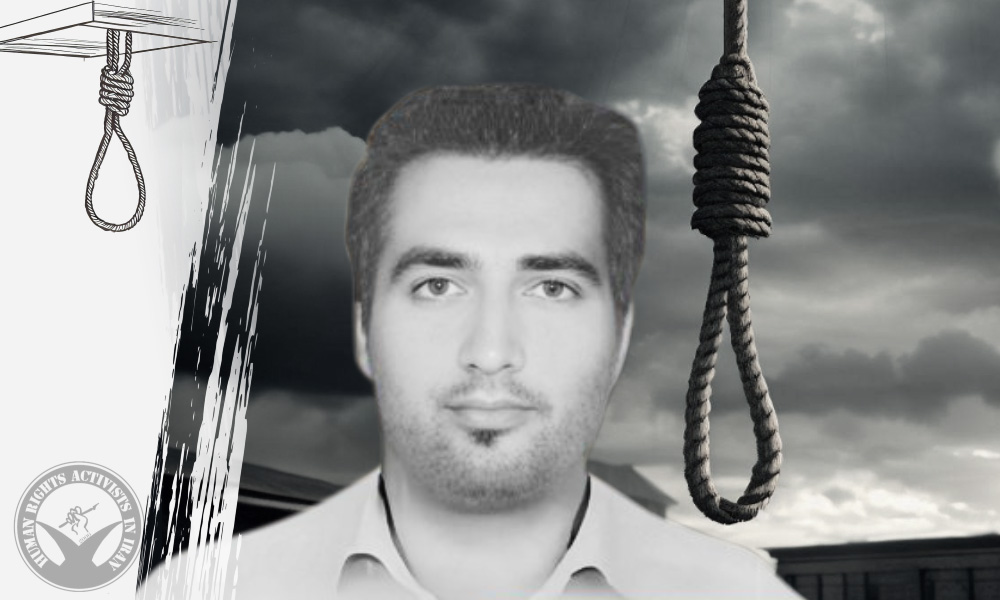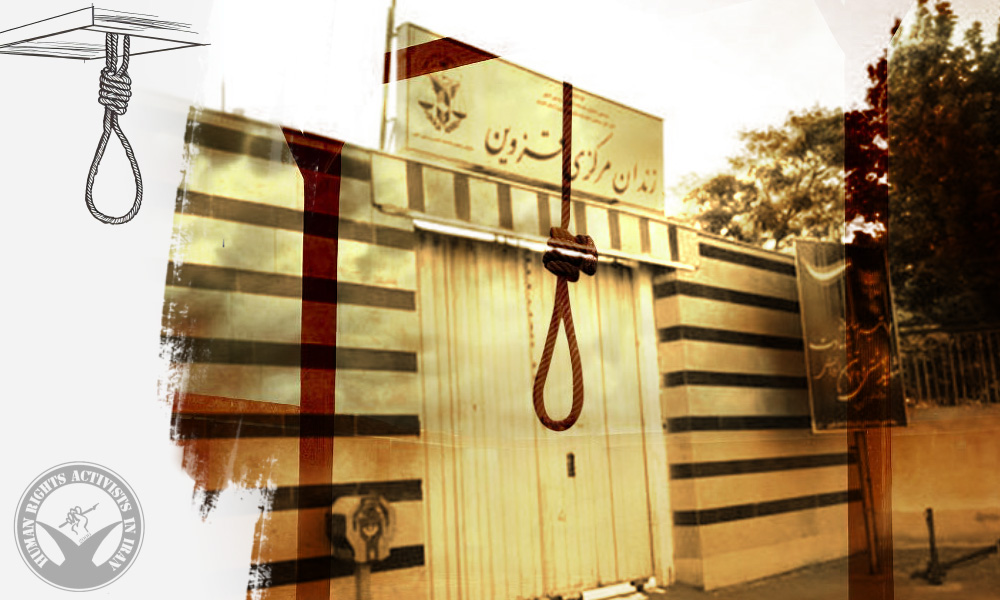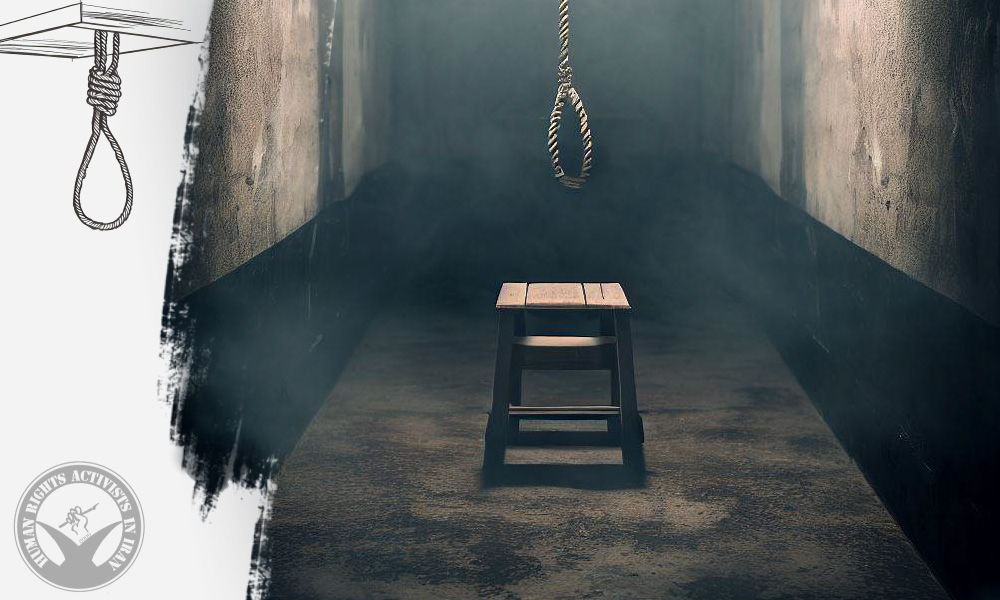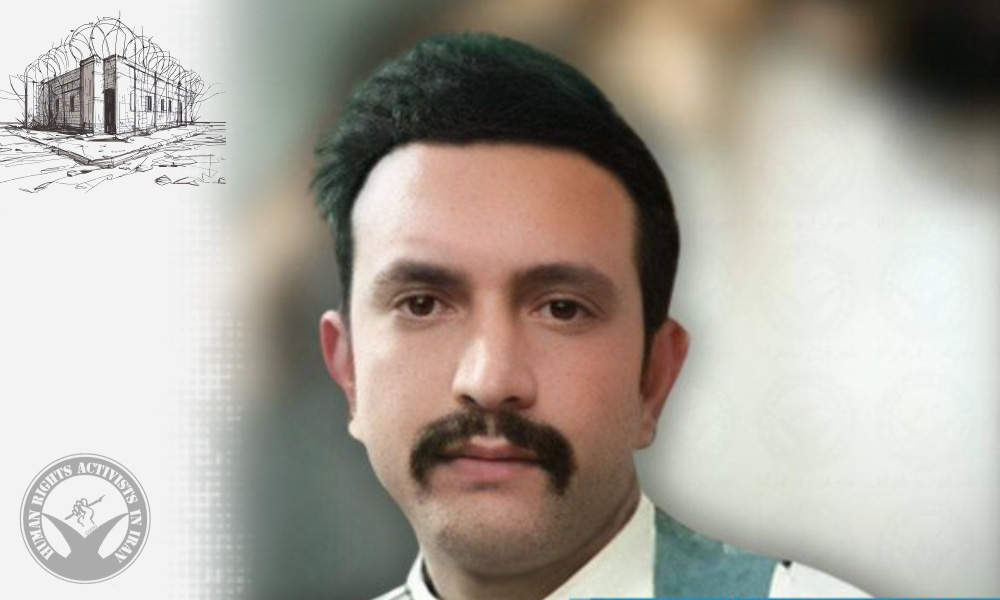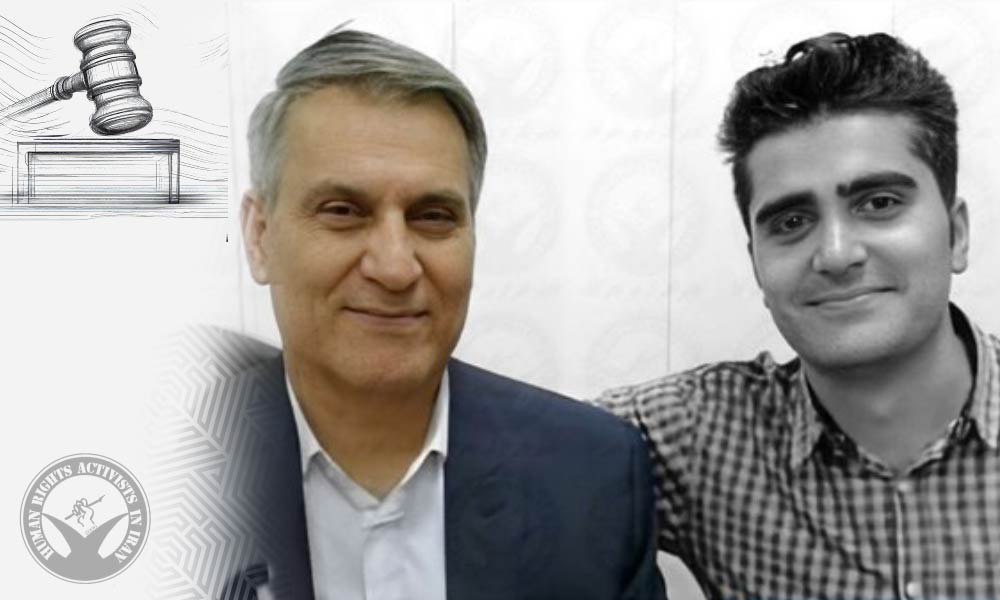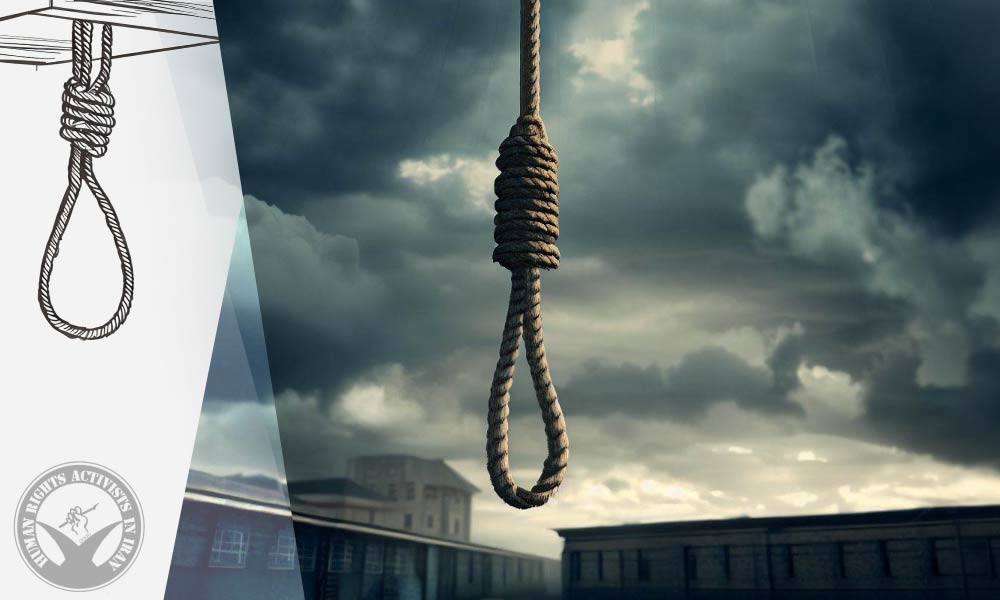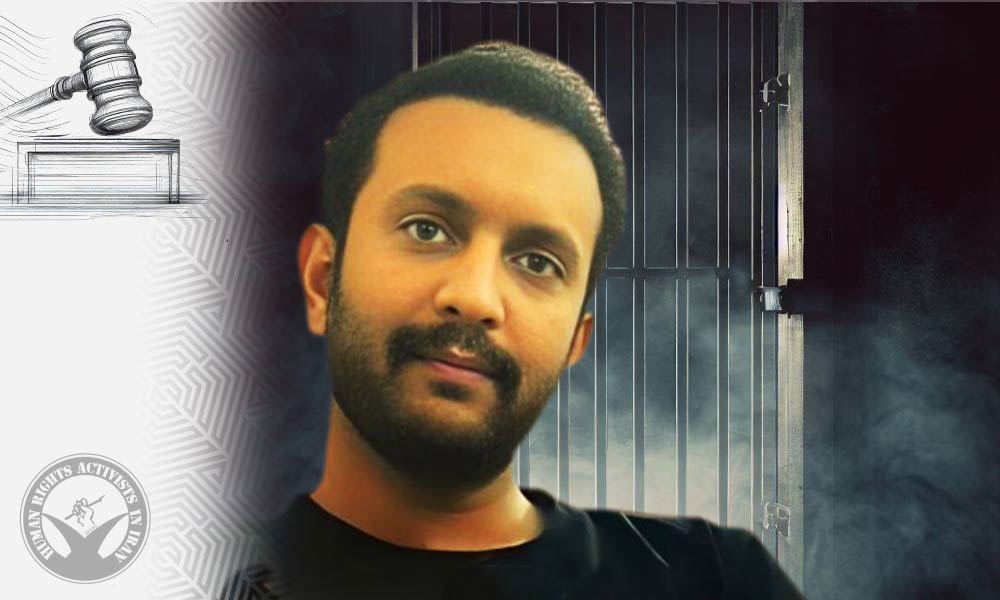HRANA– Manouchehr Bakhtiari, a political prisoner held in Choobindar Prison in Qazvin, has been on hunger strike since Monday, June 30, in protest of being denied medical furlough and mistreatment by prison officials.
Sara Abbasi, Bakhtiari’s wife, announced in a public statement that he has been on hunger strike for five days, protesting the denial of furlough and the inappropriate treatment he has received from prison authorities. She also reported that her husband, despite his poor physical condition, was humiliated by a prison guard who, under the pretext of taking him to the infirmary, stripped and insulted him in front of other inmates. However, he was never actually taken to the infirmary.
Bakhtiari suffers from prostate issues and a hernia. Despite a medical examiner’s approval for surgery, prison officials have repeatedly denied him medical furlough using various pretexts.
Bakhtiari’s initial arrest occurred on April 29, 2021, when he was taken by security forces from his home in Tehran. The Revolutionary Court subsequently sentenced him to three years and six months in prison, with an additional two years and six months of exile and a two-year travel ban, starting in July 2021.
On November 1, 2023, while still serving his sentence, Bakhtiari received a six-month prison term for “insulting the Supreme Leader of Iran,” a conviction that was confirmed on appeal.
Furthermore, in January of this year, Judge Seyyed Mousavi Asef-Al-Hosseini of Branch 1 of the Karaj Revolutionary Court delivered a significant ruling against Bakhtiari. He was sentenced to ten years for “assembly and collusion to act against national security, and for forming and running groups on the Internet to disturb national security.” Additionally, Bakhtiari received five years for “collaboration with anti-regime groups,” two years for “propaganda against the regime and disturbing public opinions,” and one year plus 74 lashes for “disseminating false information.” However, the Appellate Court later overturned these convictions and remanded the case back to the court for further review.
In a tragic and related turn of events, Bakhtiari’s son, Pouya, at the age of 27, was fatally shot by regime forces during the 2019 protests, also known as the Aban Protests, in Karaj. According to his sister and mother, Pouya succumbed to his injuries in the hospital after being shot in the head during the second day of the protest’s eruption.



